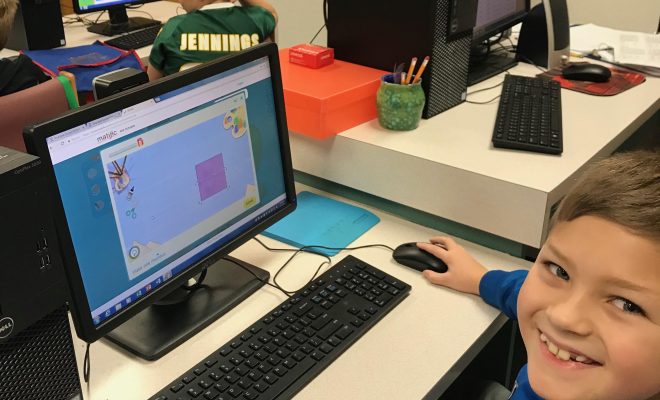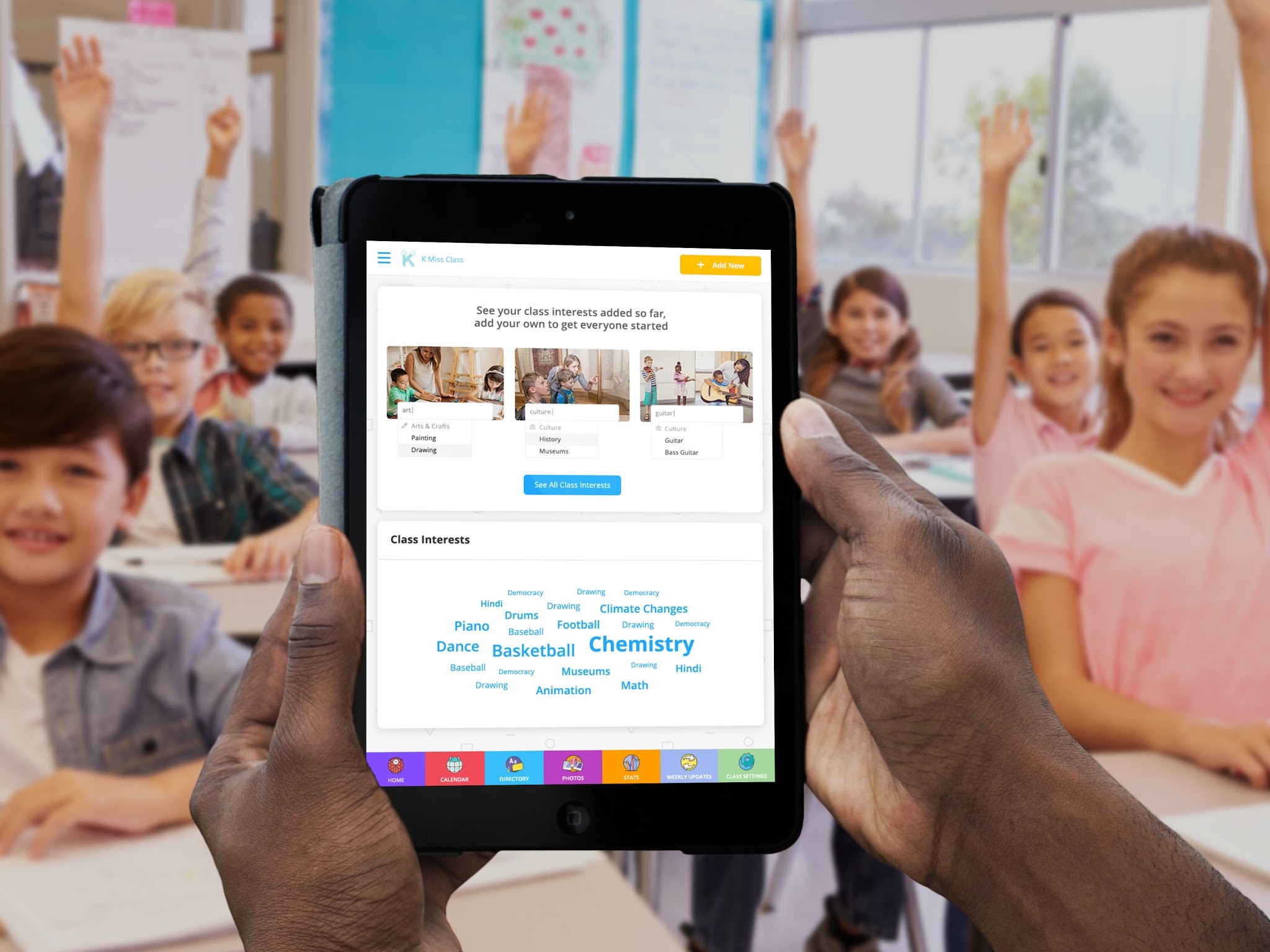Schools must get the basics right before splashing out on technology

For years, schools and education experts have debated whether technology belongs in the classroom. Now the discussion has shifted and even schools that had thus far resisted the educational tech revolution are being swept into what’s become a multi-billion-dollar market.
The question now isn’t whether technology has a place in schools, but which devices would work best: laptops, tablets, smartphones or something else entirely? However, maybe it’s not the device that schools should be preoccupied with – but rather how students use them to learn.
Leaning back or leaning forward
The “lean back” vs “lean forward” model was originally developed by Danish academic Jakob Nielsen in 2008. It considers the position people use when engaging with technology and the impact this has on its use.
For example, when I grab a laptop I naturally want to sit at a desk. This is lean-forward device usage. When I use my iPhone or iPad I am more likely to do so while sitting on a chair – lean-back device usage.
Using a lean-forward device typically leads to greater brain activity. This is associated with skim reading, searching and content creation. But it also shortens users’ attention spans.
Lean-back devices, on the other hand, encourage deeper reading and consumption of content, particularly during “dead time” when the user is commuting or waiting.
When it comes to learning, lean-forward and lean-back approaches have been around for centuries. The development of tablets and specifically the iPad has resulted in a return to lean-back engagement.
One of the problems that’s arisen from this shift is the phenomenon of “second screen” syndrome. This sees people simultaneously using their smartphones or tablets while watching TV. From a learning perspective, this practice is resulting in shorter attention spans and increased cognitive load.
While Nielsen’s model is useful, it predates the rise in the past five years of smartphones and tablets. As such it doesn’t consider other potentially important aspects, especially when it comes to education. A newer model may hold the answers for schools.
A new way of thinking about learning
Craig Will, a cognitive psychologist working for Cognitive Research & Design Corporation in California, has proposed what he calls the Mind:Engagement model.
Will maps activity and absorption. The middle area of this graphic is dominated by consumption. The upper right quadrant, which would be considered the goal of educators – high activity and high absorption – is where students are using their devices for search, curation and communication. In other words, activity.
Educators should be focusing on that upper right quadrant. It’s also where educational technology marketers ought to concentrate, too.

This is because it’s not the device – the mode of consumption – that matters. Instead, it’s how that device is put to use in a classroom. As my research has found, schools tend to simply replicate old consumption based approaches with new technology devices.
And so blackboards have become smartboards, books have become ebooks, and teachers have become YouTube videos. Approaches grounded in consumption are simply receiving a new silicon coating. What is needed are methods that encourage active engagement in the classroom, not passive content consumption. So which device is doing this best?
What’s the next big thing?
The rapid rise in tablets has prompted predictions that tablets will take over the classroom. But those analysts who favoured lean-back devices such as tablets over lean-forward devices have been surprised.
A recent report revealed that Google’s Chromebook makes up half of US classroom devices. Chromebooks – also called Netbooks – are lightweight laptops that have little onboard storage. Most of their applications and data reside on the web.
Has this shift arisen from the highly publicised failure of a massive school iPad program in the US? Or is it an organic move by schools from consumption-based approaches to more activated classrooms?
Whatever the reasons, technology giant Apple has already taken note, as indicated by the recent entry of the iPad Pro into the market. This new device, which combines a larger screen size plus an optional keyboard and pen, is clearly targeted at both content consumption and content production. That’s everything from the middle to the top right quadrant of the Mind:Engagement model.
Early reports suggest that the iPad Pro is already eroding Chromebooks’ dominance in US classrooms.
Don’t get distracted
These developments suggest that blogger Jason Saltmarsh was right when he warned Huffington Post readers to:
Forget the device. Focus on web-based applications that best meet the needs of your students and teachers … more schools will officially embrace what has already been happening under the radar for years: BYOD (Bring Your Own Device). Students will bring in all kinds of technology ranging from smartphones to laptops.
![]() I would add that when it comes to education technology, it’s important to focus on the education – not on the technology. Train teachers rather than choosing devices. It’s when we consider how technology is used that schools will have the best chance at transforming their classrooms.
I would add that when it comes to education technology, it’s important to focus on the education – not on the technology. Train teachers rather than choosing devices. It’s when we consider how technology is used that schools will have the best chance at transforming their classrooms.
Craig Blewett, Senior Lecturer in Education & Technology, University of KwaZulu-Natal
This article was originally published on The Conversation. Read the original article.






